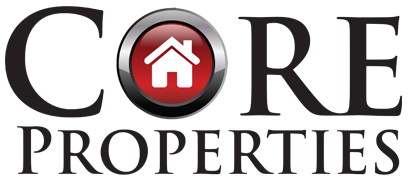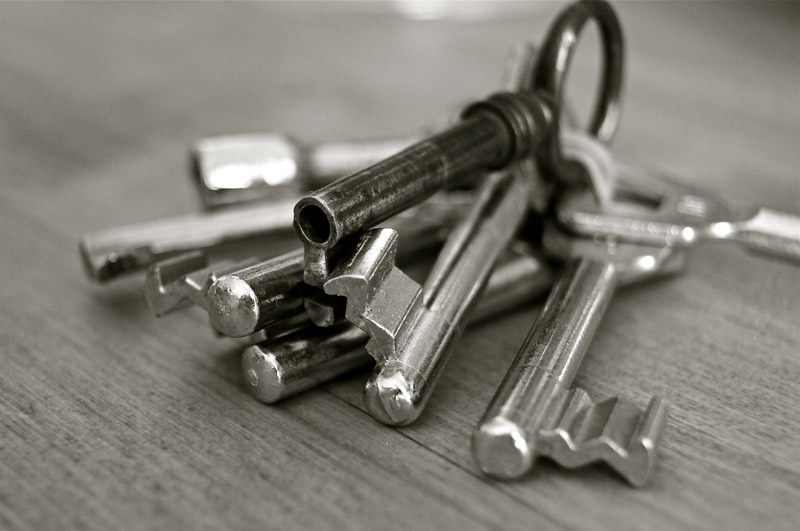A death in the family makes for a difficult time no matter the circumstances. While mourning the loss of a loved one can have a huge emotional impact, it can be made even more challenging when there is inheritance involved. If you have recently lost a family member and are inheriting a house, it can be very overwhelming to know what to do with the property. This can be complicated even more so when there are multiple people involved such as siblings.
Where do you start?
Should you keep it, sell it, rent it? Making the correct choice can be hard and have a variety of potential outcomes depending upon the condition, location and amount owed on the house at the time of inheritance and the number of people involved.
Let’s run through some potential options that clients have, providing they do not plan to live in the house. For illustration purposes, let’s say that Ted and his two sisters inherited a house from Aunt Sally in a Suburban St. Louis neighborhood. The house is paid off and needs some minor repairs amounting to $1,000 total. The house is valued at $300,000. While the house is paid for, there are still expenses to be had:
- Taxes
- Insurance
- Utilities
- General upkeep
A good estimate would be about $1,000 per month providing nothing unexpected happens. A rough figure of about $12,000 per year and $13,000 in the first year.
Essentially, the house needs to generate $1,000 dollars a month if Ted and his sisters plan to keep it and not use their own money to pay for it or live in it.
Now is a good time to address that owning a house with your siblings can get very complicated. So, if you do decide to keep a home, the best bet is to form an LLC, which will maintain ownership of the house as well as have an attorney make a legally binding contract so that all assets and expenses are allocated properly. Obviously, this will add to the overall cost of keeping the house.
Now that we have established a baseline of costs, let’s run through your 4 options:
-
Rent it
Positives: You could potentially generate extra monthly income.
Negatives: unseen repairs – we would advise that you put away one year’s worth of expenses into an account in case of emergencies. -
Convert it to an Airbnb
Positives: Once again, there is potential for extra income here. Just be sure to check if your location allows for Airbnb.
Negatives: Just like a traditional rental there are unseen repairs. So once again, you will need to put money aside. Additionally, there are some fees for listing your house on Airbnb and you will also need to furnish it and deal with renters. -
Sell it in a traditional manner
Positives: Most financial advisors would advise that you take this route. It will lessen the burden of having a “business” on your hands and the potential headaches that come with it. It will also make it easy to distribute the monies to all involved parties.
Negatives: You will need to take into account real estate fees such as closing costs, commissions and staging the house for sale. -
Sell it for cash
Positives: Just like a traditional house sale, you will be able to liquidate quickly, but unlike a traditional transaction, you can avoid the staging fees and the real estate commissions. You will cash on hand at the time of closing.
Negatives: You might be overwhelmed with all of the options to spend your cash on! But that’s a topic for another day.
Selling an inherited home can be messy.
To start with, there are financial costs accrued when making any necessary updates to attract buyers; and the emotions involved in sorting personal belongings and handing the keys over can be very affecting.
What about the tax consequences of selling an inherited home? Sometimes heirs have to deal with the costly liens or other tax implications, and connecting with an adviser is not only smart, but it’s also necessary. The sale of an inherited home is treated as a capital gain for income tax purposes. When you inherit, the property is usually worth more than it was when the original owner purchased it, and if you choose to live in the home for a few years then sell, there could be huge capital gains taxes – another reason to consider professional assistance.
Selling an inherited home at a loss is never the plan, but selling for the desired price will depend on the home’s condition. Ask yourself – will quick cosmetic touch-ups, like updating the landscape, or painting or patching the interior walls be enough to entice buyers? if not, you may need to consider more costly updates, like new flooring, replacing windows, or kitchen and bath remodels.
If your inherited home is in very poor shape, you may want to start researching home investors.
Most home investors are cash buyers that can buy your inherited home ‘as-is’, saving you the time and energy of extensive rehab.
What about hidden problems? What if there are unexpected environmental concerns? In situations like this, or when the home is worth less than the amount the borrower still owes, choosing not to accept the home at all may seem the simpler path.
Whichever direction you choose, the process of selling an inherited home could prove very emotional. Be sure to surround yourself with professionals who will be empathetic and helpful.
Let Core Properties help you make a stressful situation easier, contact us today 314.710.2328 and we will help you make the best choice for you and your family.

